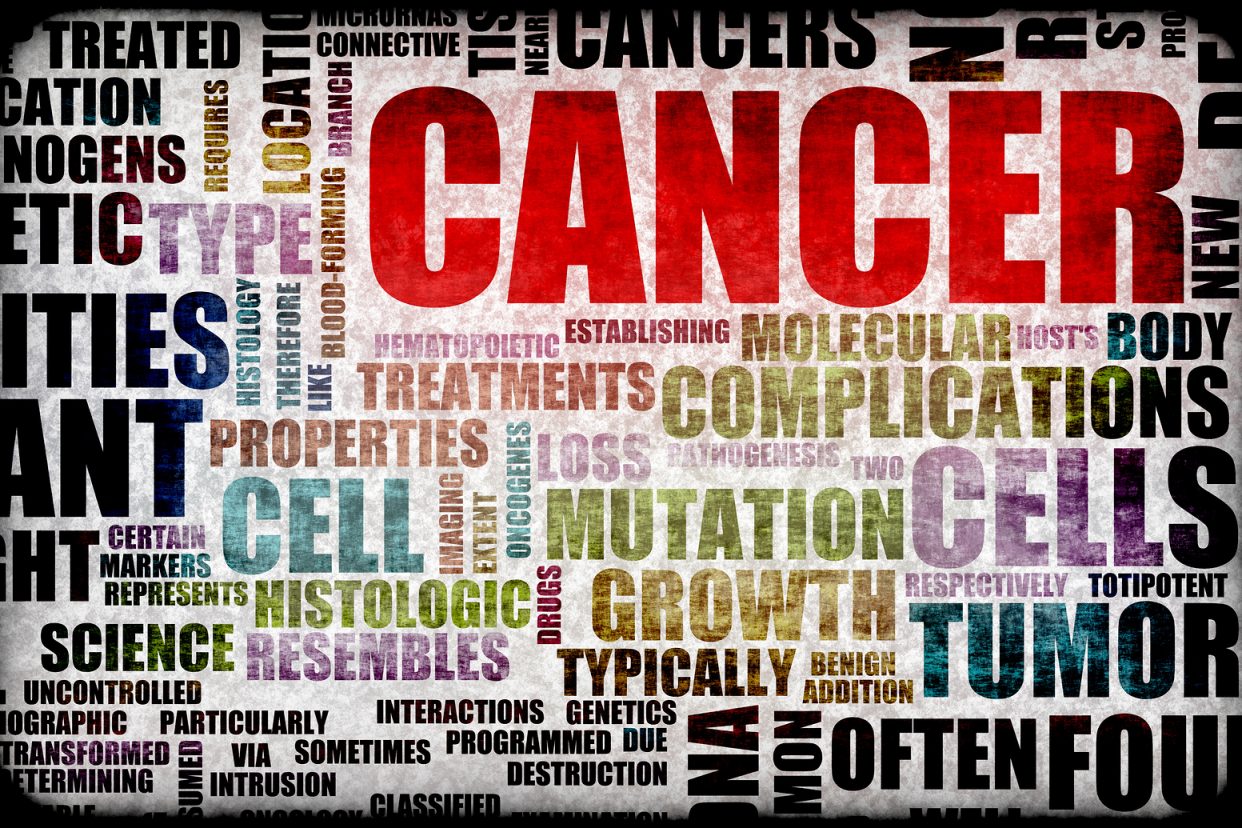August 17, 2010: Maris is a 57 year-old woman in excellent health. She has not seen a doctor in years. Divorced, she lives by herself, but spends occasional evenings with her daughter and son-in-law. A successful businesswoman, Maris gardens, serves on the Board of a community theater and plays a mean game of bridge.
It is 10:11am when Maris presents to the Emergency Room. Three hours earlier, her legs became wobbly while training for her third marathon; she fell twice jogging. It is her first visit to a hospital in her entire life; her daughter was born at home.
The ER doc finds that her legs are weak, rating 3/5 strength on the left and 4/5 on the right, with “stocking glove” loss of sensation beginning below her belly button and extending to her feet. There are no other abnormalities on exam; EKG, chest x-ray and an MRI of her spine are benign.
Lab tests show another story. Her chemistries, which measure liver and kidney function, are normal, but her WBC (white blood count) is elevated at 86,000 (normal 4 – 10,000). A Hematology consult is called.
At 3:00pm it is a humid 97 degrees out and my shirt is soaked with sweat as I walk from the doctor’s lot. Maris is in CC2. She is a tall, thin woman with dark short-cropped hair, a red running outfit, sitting with legs dangling from the side of the stretcher, bright orange running shoes. She is alert, tense and answers my questions with a polite edge, showing obvious intelligence and a sarcastic wit. She is alone. Her hands grasp the side of the mattress and her legs swing slightly as if she might sprint out of the room.
Maris is not happy to hear that I am a hematologist or that I have been called because of changes in her blood. After asking a few questions, I discuss the nature of blood and white cells, their function and how they are made. I explain that her high WBC means there is an excess of lymphocytes. Such an overproduction of cells is a form of blood cancer.
I tell Maris that she has CLL: Chronic Lymphocytic Leukemia. Her legs are weak because the malignant lymphocytes are invading her lower spinal cord. Her jaw forms hard, but she does not cry. We admit Maris to the hospital.
Over several days, Maris is given oral medicines to decrease the lymphocyte count, which she tolerates without side effect. She receives radiation therapy (RT) to her lower spine, which makes her mildly tired, but is without other complication. Her legs improve and we decide to complete RT and physical therapy as an outpatient.
On the morning she goes home, Maris is showered, packed and dressed, back in her running suit, by 6:45am. I see her about 8:30am. We review that CLL is a slowly changing disease with a good prognosis for which there is excellent therapy. Office treatment, a combination of intravenous chemo and immunotherapy, is usually well tolerated and will likely put the cancer into remission. Within a couple months the CLL should be controlled, perhaps for many years. Maris nods. She will come to the office the following week.
August 25, 2010: Maris is discharged, walking. We do not see her again.
We call and leave countless messages. We send Maris a registered letter urging her to contact us. In a second letter, with return receipt, is a list of other doctors. She does not respond.
March 2, 2012: Maris, now 58 years old, presents to the emergency room. She is gaunt, wearing jeans, a flannel shirt and boots, which are wet from melted snow. She has lost some hair and grey roots are evident. When I arrive, she is lying on the gurney, fully clothed.
Maris has seen no doctors or alternative practitioners and has received no treatment for the leukemia since she left the hospital. She has felt “well,” despite our dire predictions.
For almost a month, her left arm has been getting weak and it has been without movement for several hours. The WBC count is now 151,000 and leukemic cells are invading the nerves that connect the base of her neck to her left arm.
We prescribe pills to decrease the lymphocyte count, and she tolerates them well. Maris receives radiation to the nerves of her left shoulder. The hand becomes stronger; but is unlikely to completely recover.
I have several meetings with Maris. Despite my request, she does not include her daughter in our discussions. I confirm Maris understands CLL and what is going to happen if it is not treated soon. I reassure her that with treatment her prognosis remains excellent. She notes that chemotherapy can be toxic and may interfere with her ability to work. She does not want to put “poisons” in her body. I explain that any side effects will likely be short term, while damage from cancer will not.
I recommend she gets a second opinion and give her the phone number of the world’s leading authority on CLL, who works only an hour away. I give her my Email address and cell phone number.
March 11, 2012: Maris is discharged, left arm in a sling. We do not see her again.
Messages are unrequited.
Jan 13, 2013: Maris, 59, presents to the emergency room by ambulance. Her wasted, bruised, bald body is clothed in a tired running suit of indeterminate color; her feet are bare. She is strapped to a rescue squad’s transfer board, who have placed a tube down her throat and are pumping air into her lungs with a black bag. Completely paralyzed, Maris is awake, but does not breath spontaneously.
Because of last night’s ice storm, it takes me a couple hours to arrive. I introduce myself to her daughter who notes that Maris has been acting strangely for several weeks, but would not call the doctor. Maris became very confused and collapsed this afternoon.
Her WBC count is 289,000. A CT scan of her brain does not show any bleeding or large growths. A spinal tap shows thousands of cancer cells in the turbid fluid. Cancer has invaded the lining of her spinal cord and brain.
Maris has given no written or verbal instructions to her family and she has no Living Will. She never discussed end-of-life wishes. Given her refusal, at least by action, to receive treat for her CLL, her daughter is hesitant to consent to therapy. After painful consideration, she requests that we give treatment. Maris receives radiation to her brain and spinal cord, as well as medicine to decrease the WBC count.
February 1, 2013: It is very cold outside and a soulless wind blows. Inside, behind insulated walls, in intensive care, at the far end, in a room just next to the utility elevator, they perform CPR for 23 minutes. At 1:51am, still on the respirator, Maris dies.
The Death Certificate says:
1) Chronic Lymphocytic Leukemia
2) Neoplastic Meningitis
3) Respiratory Failure
4) Cardiac arrest
I cannot help but think that it should say more.







11 Comments